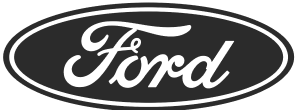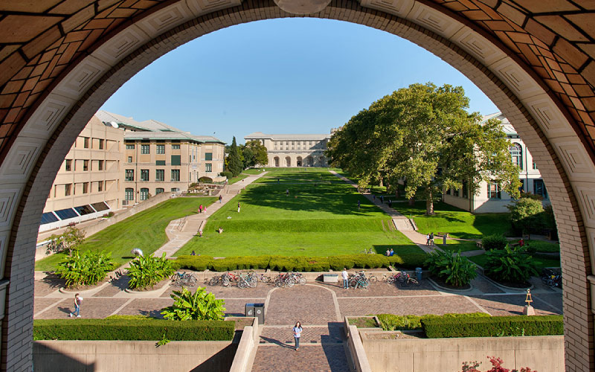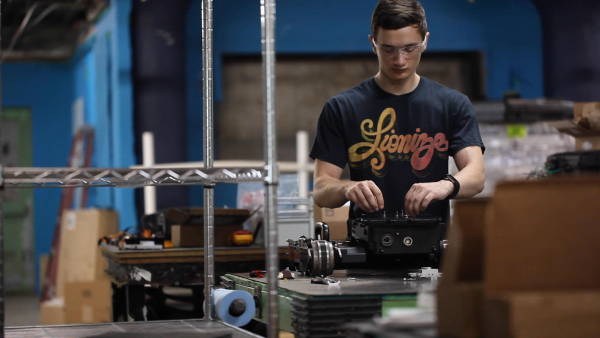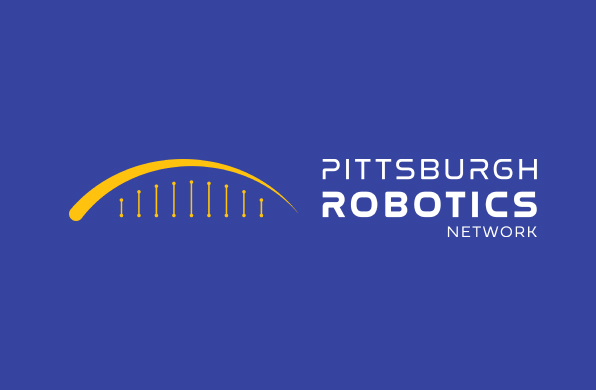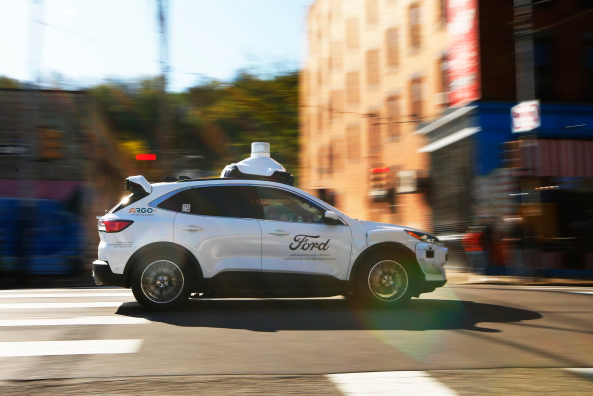Pittsburgh has been an industrial powerhouse since the birth of this country. Through most of the 1900s, steel manufacturing and the services that support it were the primary economic drivers. As international demand for steel waned and steel plants began to close their doors, the search began for businesses to fill the void.
This was due in part to the city’s unique location and geology — and the fact that it already had the infrastructure to support large-scale manufacturing. Pittsburgh is home to the second-largest inland port in America, 18 different rail lines, countless miles of superhighway in every direction, and a large airport. With time, other types of manufacturing companies found their way to Pittsburgh.
As manufacturing was reborn in Pittsburgh, machining the tools and parts needed for all types of industries grew right along with it. Machining itself became a major source of economic growth for the region. Now, the area’s machine shops meet the needs not only of manufacturers in the Pittsburgh area but around the country and the globe.
As technology advanced, so did the machining industry, leading to the birth of CNC machining. Pittsburgh was already the home of major universities, like Carnegie Mellon and the University of Pittsburgh, where digital technology and the computer sciences were being developed. So, it makes sense that the machining shops in the area would be at the forefront of the technology-driven CNC machining trend.
Currently, there are 65 CNC machine shops in the greater Pittsburgh area. They create the tools and components needed for the manufacture of goods in the global marketplace. Steel may have put Pittsburgh on the map, but a continually evolving and advancing manufacturing and machining industry will keep it there for years to come.













